This comprehensive guide shows you how to choose the best AI course for you, the most recommended platforms, and the skills most valued by the market. A good AI course needs to teach concepts, tools, and programming languages applied to automation, machine learning, and data processing. By 2025, it will be one of the most sought-after fields of study in the technology market.
Why investing in AI courses is essential now.
The global AI market is growing exponentially. In other words, companies are increasingly demanding professionals capable of using AI in strategic processes, marketing, customer service, and task automation.
Furthermore, AI courses help update digital skills, making professionals qualified for high-demand positions such as machine learning engineer, data analyst, and generative AI developer.
Benefits of taking an AI course in 2025
- High employability in the technology, marketing, and finance sectors.
- Competitive salaries and global opportunities.
- Opportunities for freelancing and independent projects using AI.
- Certifications valued by leading companies in the market.
Main types of AI courses in 2025
1. Introductory courses, for beginners
Focused on fundamentals such as algorithms, Python, and programming logic.
Examples: Google AI for Everyone, IBM AI Foundations.
2. Technical and vocational courses
They teach Machine Learning, Deep Learning, NLP (Natural Language Processing), and computer vision.
Example: Coursera – AI Engineer Professional Certificate.
3. Postgraduate and MBA programs in Artificial Intelligence
Focused on the application of AI in business, data management, and innovation.
Example: MBA in Artificial Intelligence and Big Data – USP/Esalq.
Read also:
ServiceNow Zurich: New release focuses on Artificial Intelligence and workflow innovation
Now Assist: ServiceNow's generative AI
ServiceNow Leads in AI Applications for ITSM with Innovation
What are AI agents? A complete guide to understanding and applying them in your company.
How to choose the best AI course for you
Choosing the ideal course depends on your goals and the stage of your career. In other words, it's important to consider the following factors:
- Nível de conhecimento atual: iniciante, intermediário ou avançado.
- Formato do curso: online, presencial ou híbrido.
- Certificação reconhecida: preferencialmente emitida por instituições renomadas.
- Carga horária e aplicabilidade prática.
- Reputação da plataforma e suporte ao aluno.
Best platforms with AI courses
| Platform | Level | Emphasis | Certification |
|---|---|---|---|
| Coursera | All | Partnerships with global universities | Yes |
| Alura | Beginner to advanced | Practical focus and real-world projects. | Yes |
| Udemy | All | Accessible and up-to-date courses | Optional |
| Data Science Academy | Intermediate/Advanced | Technical education with mentoring. | Yes |
| FIAP | Professional | Postgraduate and MBA in AI | Yes |
Key skills developed in AI courses
- Programação em Python e R
- Aplicação de Machine Learning
- Redes neurais e Deep Learning
- Automação com IA generativa (ChatGPT, Copilot, Gemini)
- Processamento de linguagem natural (NLP)
- Modelos preditivos e análise de dados
FAQ – AI Courses
1. Do I need to know how to program to take an AI course?
Not necessarily. Many introductory courses teach basic programming along with the fundamentals of AI.
2. How long does an Artificial Intelligence course last?
It depends on the format; short courses last from 4 to 8 weeks, while MBAs can last up to 2 years.
3. Are free AI courses worth it?
Yes! Platforms like Google AI and Coursera They offer excellent free courses with optional certification.
4. What is the most commonly used programming language in AI?
Python is the leading programming language for AI, due to its extensive machine learning library.
5. Will AI replace jobs?
Not exactly. AI transforms functions, but it creates new opportunities for those who master its tools.
6. How much does an AI course cost?
Course prices vary. There are free courses, especially for beginners, but other courses can range from R$ 100 to R$ 1,500 for basic online options, and can reach R$ 800 per month for more comprehensive or postgraduate training.
AI courses are the passport to the future of work and are necessary to keep up with digital transformations. Therefore, whether you're starting a tech career or optimizing your business with automation, investing in AI knowledge is the best move. Visit the 4MATT blog. To keep up with the latest news on AI and innovation.











